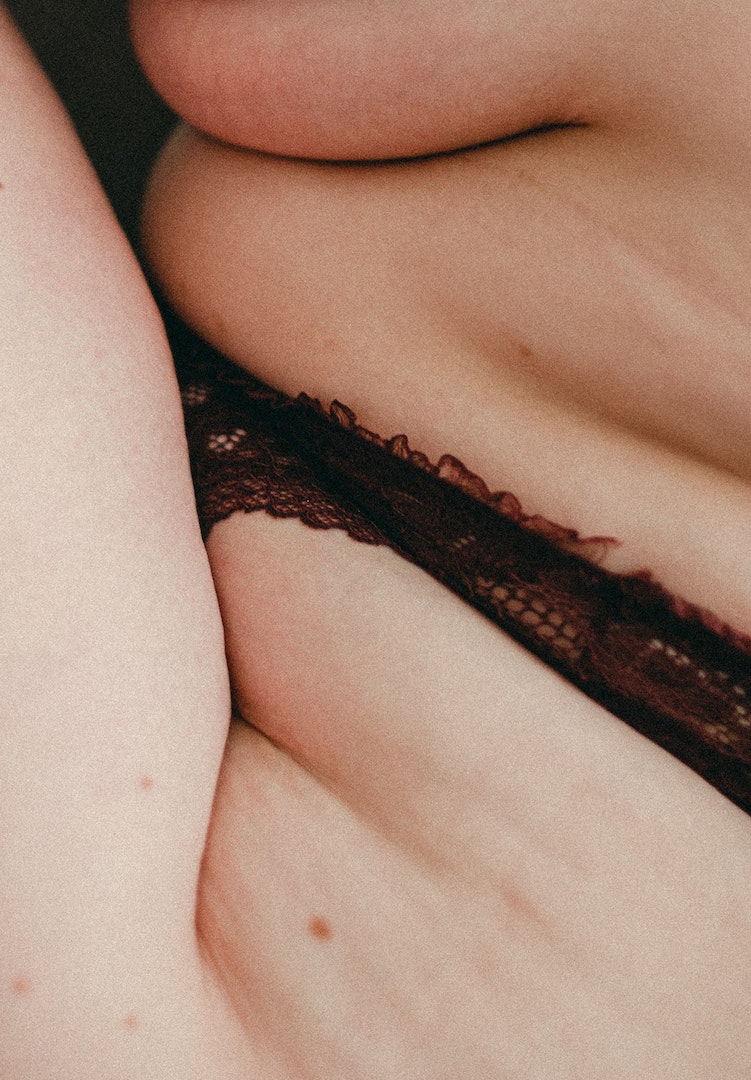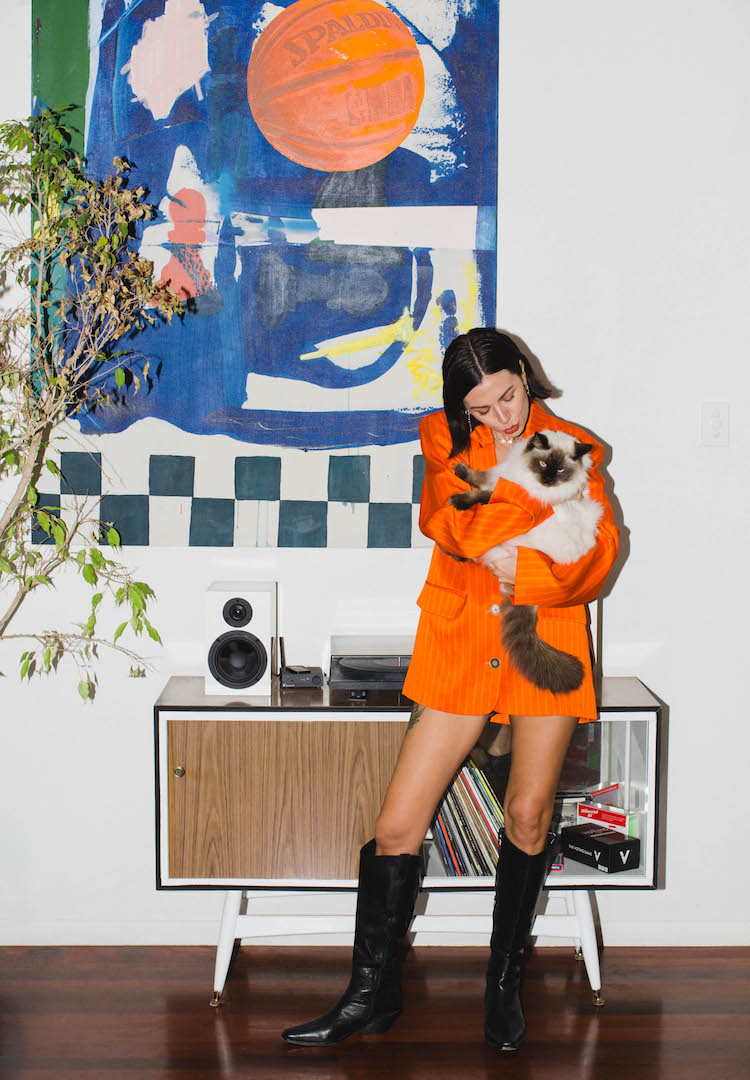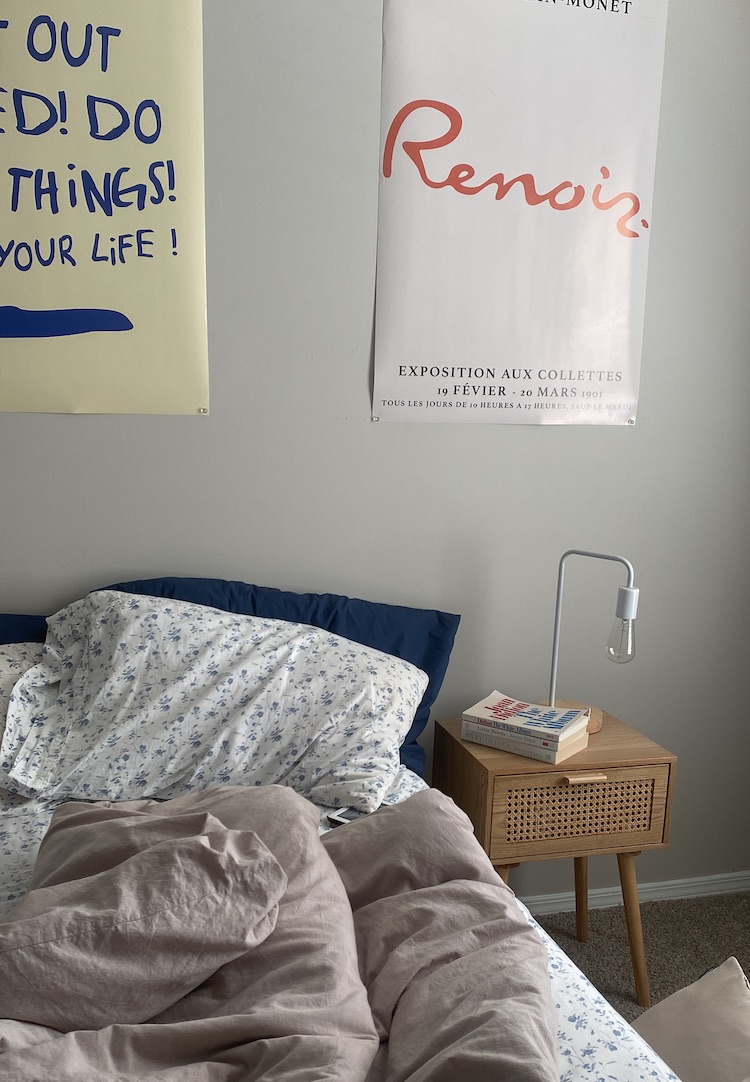We need to talk about queefing
WORDS BY HANNAH COLE
Your fanny farts are sick of being demonised.
Whether you call them ‘fanny farts’ or ‘queefs‘, it’s almost certain most vagina-bearers out there have experienced that slightly odd air-release sensation at some point.
For more sex advice, head on over to our Life section.
Sex ed 101 missed out on yet another critical topic so, if those little genital burps have ever left you feeling embarrassed, look no further. I spoke to sexologist and sexuality educator, Lauren French, to finally understand all things queef.
What is queefing?
In Lauren’s words, a queef occurs “when air gets pushed into the vagina during penetration, whether that is with fingers or a toy or a penis or whatever. Basically, the air gets pushed out and creates a ‘fart’ sound”. As the air can’t retreat up through our body, it releases via the vagina instead. Hence, the classic fanny fart label.
Is it normal? Does everyone with a vagina experience it?
Repeat after me: You are normal! “I would probably hang a lot of my reputation on the fact that everybody queefs. If you haven’t queefed, you will at one point,” says Lauren. The regularity and occurrence of queefing will obviously differ from person to person, though.
A large determinant is the kind of sex we’re having, particularly “if we’re having what some people would describe as ‘fast’ or ‘rough’ sex, where the penis is maybe coming fully out of our body and then back into our body,” explains Lauren. The action pushes more air into the vagina, “so if you are someone who loves headboard banging, really rough kind of sex, you’re more likely to have more queefing”.
Whether that’s your jam or not, it’s likely to happen at some point and it’s nothing to fear. If it doesn’t occur during sex, it could be during a yoga class, where a particular pose prompts the release. Or, as Lauren notes, it could be as simple as a little bit of air finding its way into the vagina.
In light of that, I ask how often we’re likely to queef. Is it something we’re not even aware of half the time? Lauren thinks many of us probably don’t even realise when we’re queefing. In fact, we probably do “little queefs” throughout the day; they’re so small that they’re completely insignificant and unnoticeable.
The demonisation of queefing
Personally, I find that little puff of air an occasion for the giggles – it’s an excuse to release emotion and lighten the moment. There’s something so innocent and endearing about an unsuspecting queef. For many, the opposite is true, though.
I trawled the internet for articles on how and why we queef, but evident in every piece were preventative measures. Queefing has become synonymous with embarrassment; apparently, it’s the ultimate mood-killer.
“I understand we probably don’t want to queef every second of the day because that would get in the way of life,” says Lauren. “But it comes into this really stereotypical narrative that sex can’t be fun or funny, or that laughing in sex is bad, or there can’t be light moments. It’s this idea that if we queef, we ruin the moment, or it’s not sexy anymore.”
Instead, Lauren views the humble queef as a symptom of some really good sex. It might mean that it’s fun and funny, that you’re completely lost in the moment, that you’re finding sexiness in the very fact that you’re having sex.
The media gives us so few representations of actual, real sex – what we see in the movies is a snippet of an entire encounter, without the often messy, multi-faceted bits that happen in between. It’s all the clothes-ripping allure without the sometimes unexpected bodily functions (each of which is wholly and completely natural).
Besides, being afraid of the queef fairy will not do us any favours. Adding extra stress and hypervigilance – as we take all precautions to avoid a vaginal air release – only increases anxiety in our sex life. “We’re adding shame, we’re getting embarrassed, and none of that is going to equal really good sex,” mentions Lauren.
Should we ever be concerned about our queefing?
We are destined to queef at some point, but I wondered if there’s ever a reason to worry or seek help. As Lauren says, if you ever experience pain during sex, it isn’t normal, and you should speak to someone. If you notice that queefing is accompanied by pain, it’s time to reach out to a professional. “Sex with pain in that kind of non-intentional way is not normal,” she highlights.
Is it odd that I’ve developed a newfound passion for queefing? I’m beginning to think it’s actually kind of cute and endearing. For those of you carrying the burden of embarrassment, take a note from the expertise of Lauren: “Real sex is messy and playful and funny and all the things. It’s going to have queefing; it’s going to have penises flipping out of vaginas; it’s going to have elbows in eyes.” It’s all part of the fun.
For more on how to embrace the messiness of sex, try this.










